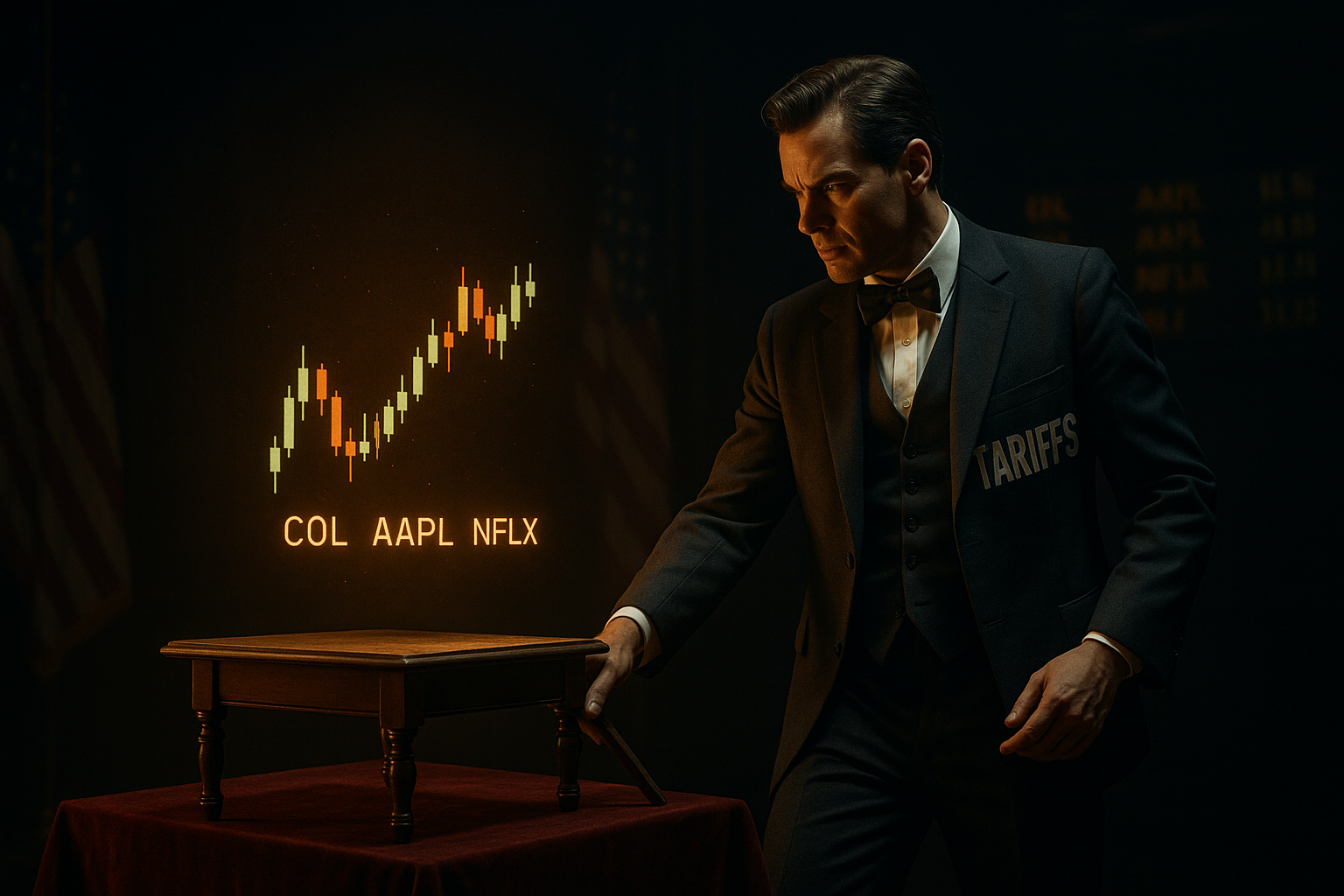In what might be Trump's least impactful trade announcement since... well, perhaps ever, the former president recently declared that India has agreed to eliminate its tariffs entirely. And the market's response? A collective shrug that speaks volumes.
During a White House meeting with Canadian Prime Minister Carney, Trump built dramatic suspense for what he called an announcement "as big as it gets" coming later this week or Monday. Then he just... blurted it out. India, which he correctly noted maintains some of the world's highest tariffs, has "already agreed to drop it. They'll drop it to nothing."
Crickets. Not a peep from Wall Street.
I've been covering market reactions to presidential trade announcements since Trump's first term, and I've never seen such a total disconnect between presidential hype and investor response. The S&P 500 didn't budge. Treasury yields stayed put. Even the rupee—which should've moved if anyone believed this was real—barely flickered.
So what's going on here?
First, there's what I call the "Trump translation factor." Traders have basically developed an internal algorithm that automatically discounts presidential pronouncements based on historical accuracy. When Trump says "deal done," market pros hear "talks might be happening." It's not cynicism exactly—just hard-earned experience.
Second, let's be honest about India's economic footprint. It represents roughly 2% of U.S. exports. That's not nothing! But it's hardly the kind of number that would send traders scrambling to reposition their portfolios.
(I checked with three different trade economists yesterday afternoon, and all confirmed that even a complete elimination of Indian tariffs—if it actually happened—would have minimal macroeconomic impact in the near term.)
The whole episode reminds me of that timeless Wall Street wisdom: "Buy the rumor, sell the news." Except nobody even bothered with the first part.
What I find particularly fascinating is how different this is from 2018-2019. Remember those days? A single Trump tweet about Chinese tariffs would send markets into absolute fits. Billions in market cap would evaporate or materialize within minutes of a presidential trade pronouncement.
Now? Nothing. Nada. Zilch.
Perhaps investors have developed what my old editor used to call a "show me" mentality. After years of announcements that didn't materialize exactly as described, the market wants to see signatures, implementation timelines, and official statements from both parties.
Or—and this feels most likely to me—traders simply don't believe this casual aside was actually "the big announcement" Trump has been teasing. If he's planning a formal press event later this week, this India comment might just be a warm-up act.
Look, markets aren't just processing machines—they're sophisticated evaluation systems that assess credibility, importance, and probability before deciding whether to move trillions in capital. And their verdict on this particular announcement seems pretty clear: "Wake us when there's something real."
Having watched this pattern play out repeatedly, I've learned one thing for certain. The gap between presidential trade rhetoric and market movement has never been wider. And in a weird way, that might actually be healthier for everyone involved.




